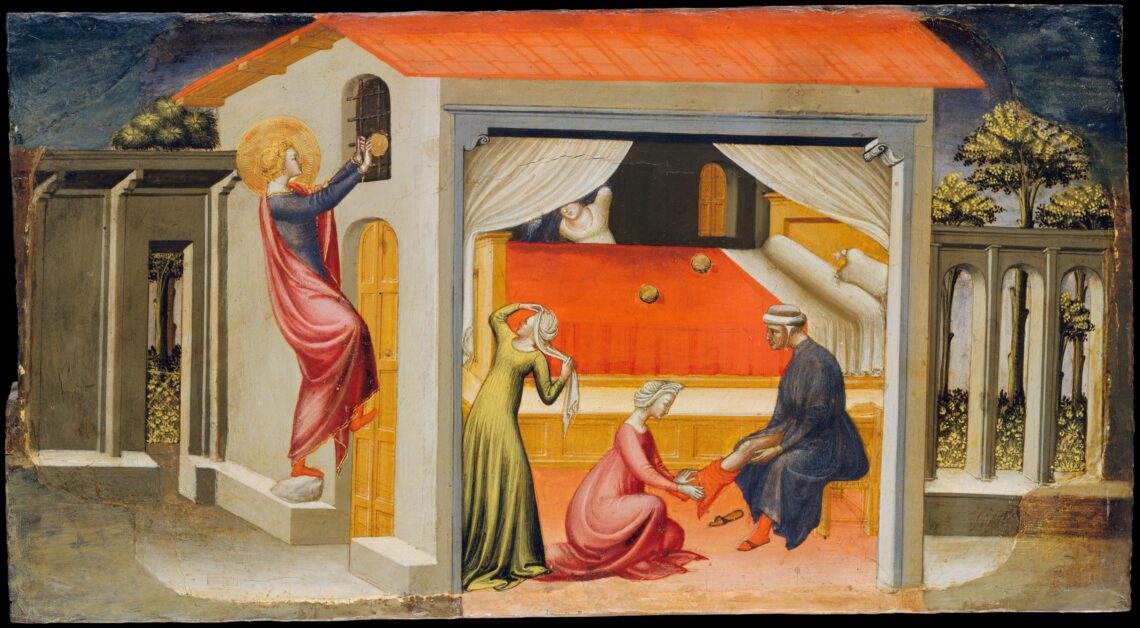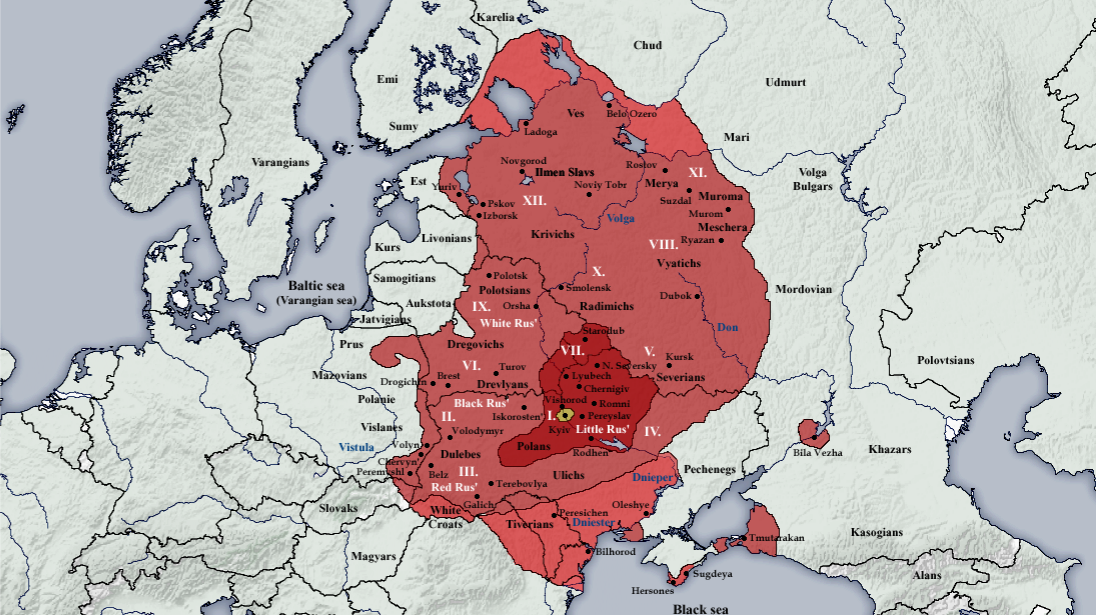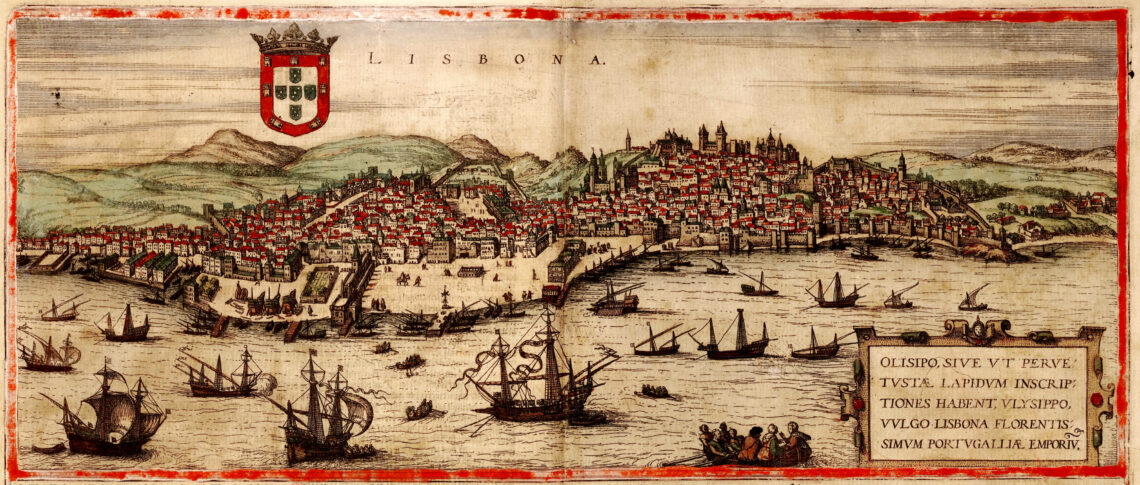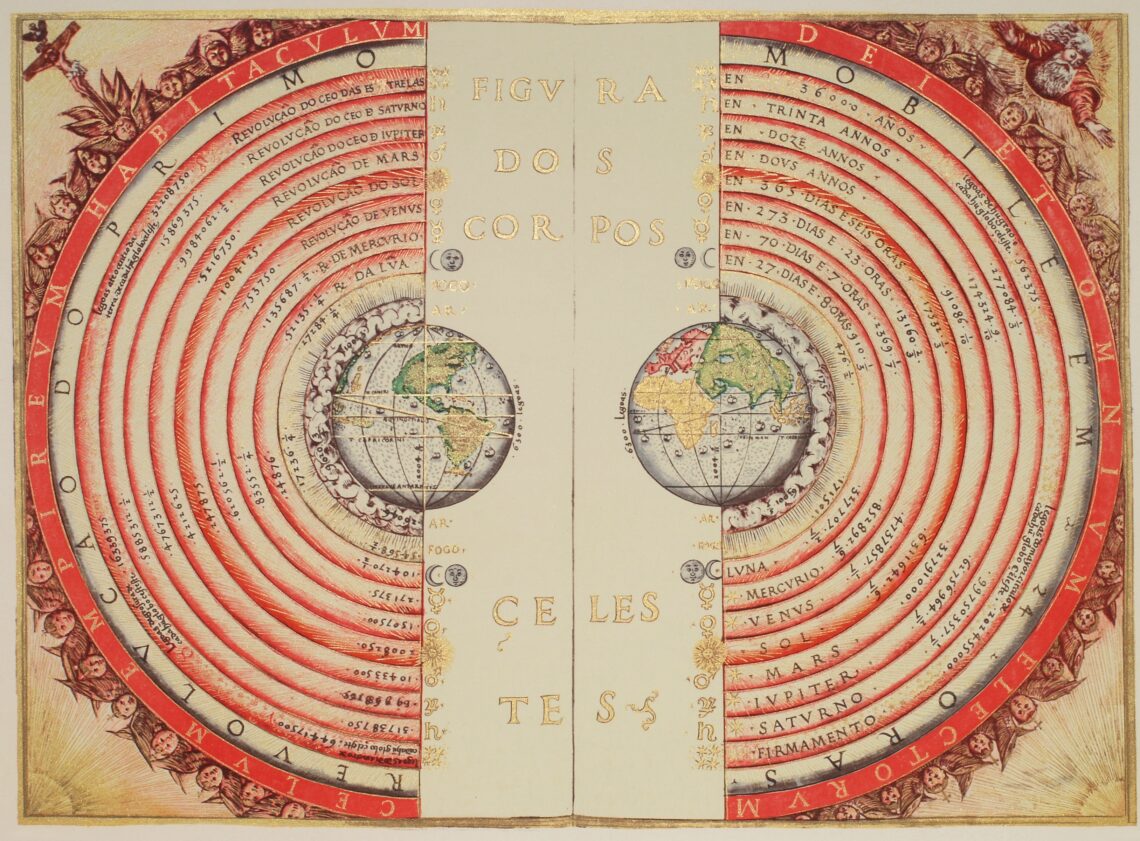In 1998, Congress passed the Sonny Bono Copyright Term Extension Act (derisively known as the "Mickey Mouse Protection Act"). In a nutshell, the legislation extended the copyright on most published works from 75 years to 95 years. Immediately after it was passed, copyrights that had been set to expire in 1999 were extended for an additional twenty years. So followed two decades of public domain silence. This is the year that in many people’s minds, Disney gets its due.
-
-
Of Clementines and Christmas
Did you wake up Christmas morning to an orange in your stocking (be it chocolate or the original fruit)? Publishing Luke Sawczak’s wonderful little poem “Citrus” so near the holy day got us thinking … Why oranges at Christmas?
-
Who Are the Rus?
Editorial Quick Take Three days before he launched the Russian invasion on Ukraine on February 24, Vladimir Putin delivered a speech that might have sounded to some like a bit of a rambling history lesson, reaching before the Bolsheviks all the way to the present time, with the aim of justifying the war waged on Ukraine here and now in 2022. In it he said, among other things: “Since time immemorial, the people living in the southwest of what has historically been Russian land have called themselves Russians and Orthodox Christians. This was the case before the 17th century, when a portion of this territory rejoined the Russian state, and after.” …
-
Walking Towards Munich, Sailing Past Manhattan
Imagine two geological maps of your zip code, one made a thousand years ago and one made today. Chances are they would be nearly identical. Now imagine two road maps of the same area, one from 1965 and one from today. Could you find your way around? Probably. Finally, imagine two maps of your zip code, charting house color, one from 1987 and one from today. Would you recognize your own street?
-
Of Mappaemundi, Myth and the Material World
When it comes to maps and reality, there is simply too much to get in. But maps can perhaps succeed in suggesting what is important. What is important about a place — its topography, history, global position or even mythical value?




